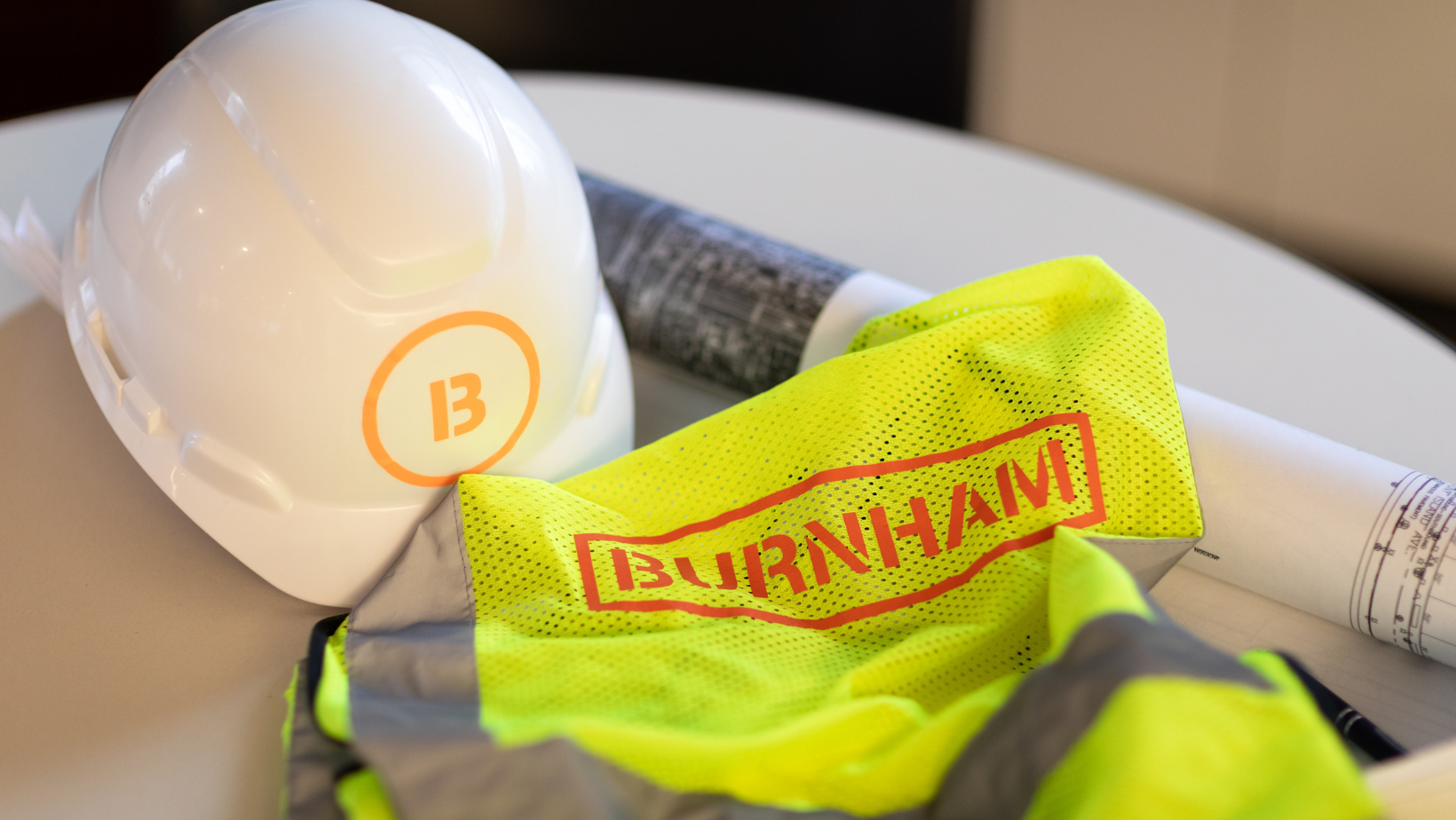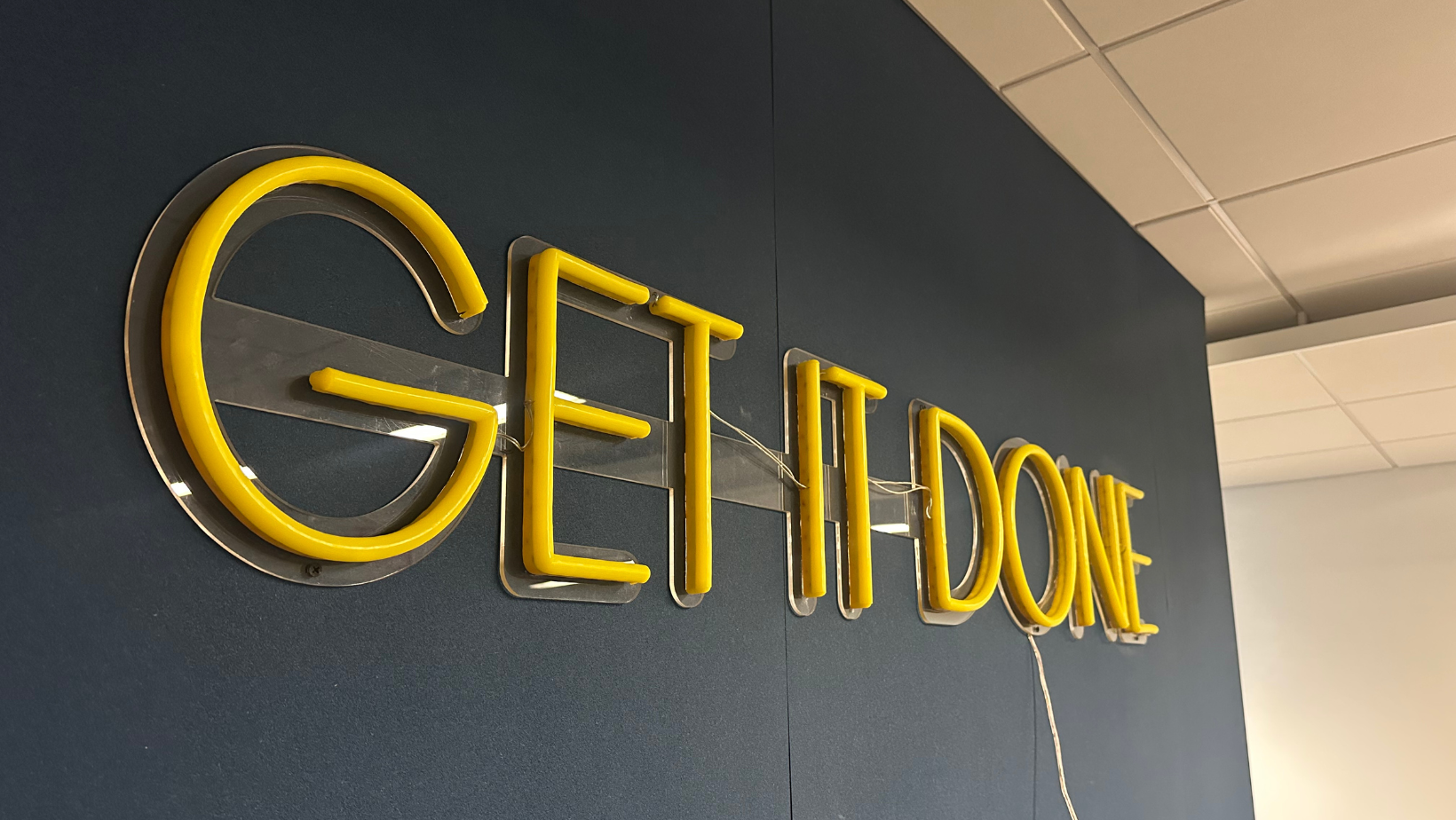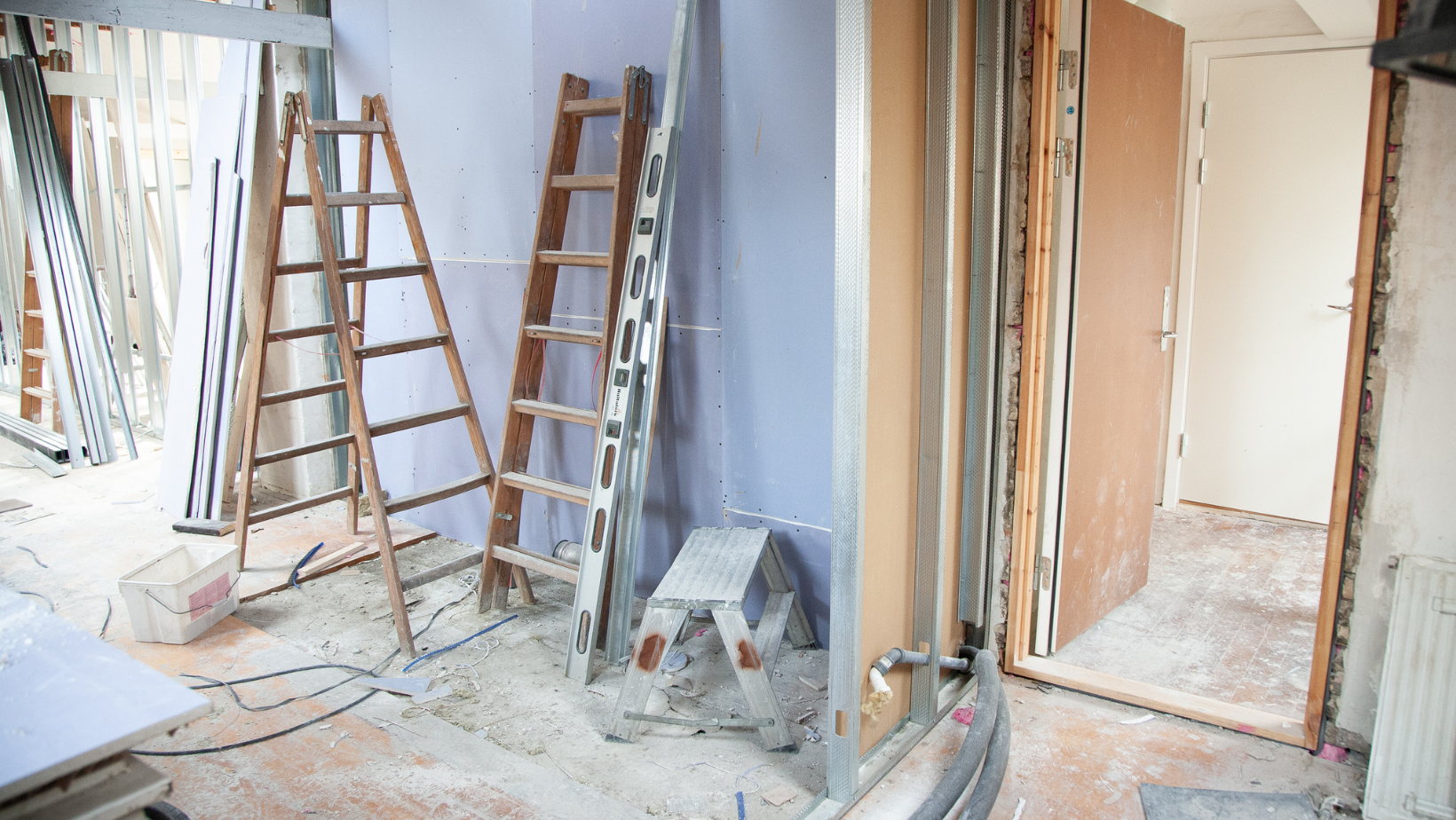Approval for NYC Commercial-Scale Energy Storage Paired with Solar

Posted by Veronica Ciechowska

The use of energy storage paired with solar is a new area of renewable energy growth. States and local jurisdictions are in the early stages of regulating storage paired with solar, and such regulation includes issuing permits and approvals for energy storage systems. One leader in this area, New York City, is working on improving its energy storage approval process as part of a larger effort to develop electrical grid resiliency.

Background
Sustainable CUNY of the City University of New York (CUNY) is coordinating the NY Solar Smart Distributed Generation Hub (DG Hub) - Resilient Solar Project, a three-year initiative to develop strategies to improve the resiliency of New York City’s distributed energy system. The Resilient Solar Project is undertaking a variety of steps to incorporate resilient photovoltaic (PV) systems, solar paired with energy storage that can provide power during an outage, into the New York City electricity infrastructure. One of the resources developed as part of the Resilient Solar Project is the Energy Storage Systems Permitting and Interconnection Guide for NYC (ESS Permit Guide) for commercial-scale storage. The ESS Permit guide is designed to bring together and clarify all the New York City energy storage permitting and approval process requirements.
Steps for Energy Storage Approval Process
Commercial-scale energy storage in New York City requires approvals and permits from three different entities: the NYC Department of Buildings (DOB); the Fire Department, City of New York (FDNY); and the local utility, Con Edison. A number of different divisions and boards within these entities must review the applications, and the ESS Permit Guide outlines three different phases of the New York City storage permit and approval process.
The first phase requires: (1) FDNY’s Technology Management and Hazardous Materials inspections for FDNY approval; (2) DOB’s Office of Technical Certification and Research (OTCR) and Electrical Advisory Board (EAB) reviews for approval by each; and (3) Con Edison review. The following highlights some of the most important features of each review:
FDNY Requirements:
- Must submit an Application for Plan Examination/Document Review (TM-1) form with required supporting documentation and prepared by a registered design professional or subject expert
- Submit in-person to the Bureau of Fire Protection Technology Management
- $420 fee per application
- Review includes inspections by Technology Management and Hazardous Materials, and the review usually takes 10 to 20 business days, unless it is a newer battery technology
- When approved, a Letter of No Objection will be issued
- ESS Guide provides recommended language for the information that should be included with the application’s supporting documents
- Only well-developed FDNY guidelines for indoor valve-regulated lead-acid storage systems in the ESS Guide given indoor valve-regulated lead-acid storage systems are an older and well-known type of battery (lithium-ion batteries, a newer battery technology, are also being paired with PV systems)
- For Indoor valve-regulated lead-acid system requirements, see the ESS Guide and Fire Code Section 609 and Chapter 27
DOB’s OTCR Review:
- Given storage batteries are viewed as alternative systems and are too large for laboratory testing, it is necessary to submit an OTCR 2 Site-Specific Approval Application if, in accordance with NYC Building Code Section 509, Table 509, a flooded lead-acid, nickel cadmium or VRLA battery has more than a 50-gallon liquid electrolyte capacity or a lithium-ion and lithium metal polymer battery is more than 1000 pounds
- Application requires supporting documents
- Application must be submitted to the Office of Technical Certification and Research
- $600 fee per application
- OTCR review may take up to six months
- Innovation Review Board (IRB)and Buildings Sustainability Board (BSB) must assess the battery unless the battery is considered an exempt category of energy storage (as of now, only lead-acid and valve regulated lead-acid batteries are listed on DOB’s website as exempt)
- OTCR provides documentation to IRB and BSB, the applicant meets with IRB and BSB to present details, and IRB and BSB issue a recommendation for OTCR to consider in its final determination
- FDNY approval is necessary for OTCR approval (one may apply to both at the same time)
DOB’s EAB Review:
- EAB review and approval may be necessary before applying for an electrical permit
- Electrical Code Rules RCNY Section 34-05 requires EAB review when electrical service equipment is 1000 KVA or greater, including when there is an addition to an electric installation that causes the total to be 1000 KVA or greater (a new or revised installation over 600 volts requires EAB review)
- Cover letter with two sets of drawings in compliance with RCNY Section 34-05 must be filed in-person with DOB and submitted a minimum of eight business days before the EAB meeting
- Application must be filed by a NYC Licensed Master or Special Electrician, a NY State Licensed Professional Engineer, or equivalent from another jurisdiction
- A fee of $650.00
- EAB meets monthly, and the Board’s goal is to make a decision available on EAB’s website homepage within one or two weeks of the EAB meeting when the application was reviewed
- EAB has an expedited approval process for existing installations with smaller energy storage
Con Edison Requirements:
- Interconnection application for energy storage must be filed with Con Edison in addition to a solar installation application
- Applications submitted online through Con Edison’s Energy Services Project Center
- A variety of forms must be submitted as part of the application and are available online
- New York City Standardized Interconnection Requirements and Application Process has different requirements and application processes based on the system size (systems are divided between those that are 50 KW or less and those that are larger)
- No application fee for systems 50 KW or less, and the fee is $350 for systems over 50 KW (may include some site-specific costs depending on the type of review or system modifications that are required)
- Review time will differ depending a variety of variables (preliminary review of a system’s design will take a minimum of 15-20 business days)
Remaining Phases of the Commercial-Scale Energy Storage System Permitting and Approval Processes
The steps highlighted above only represent the first phase of the process for obtaining permits and approvals for New York City commercial-scale energy storage paired with solar. Obtaining the necessary permissions before using commercial energy storage in New York City is a lengthy and involved process.
However, we are optimistic that as the different types of energy storage become more familiar to the entities requiring approval, steps will be taken to streamline the process in the future. Also, we at Burnham can use our years of experience with the different reviewing departments to expedite your energy storage permits and navigate these changes.





